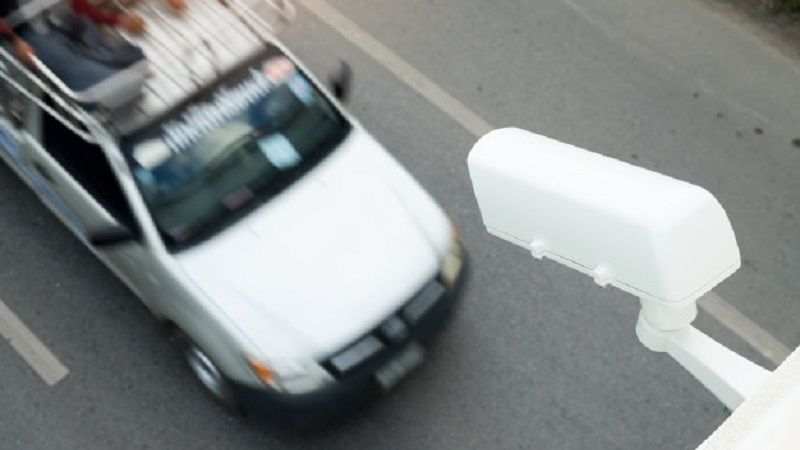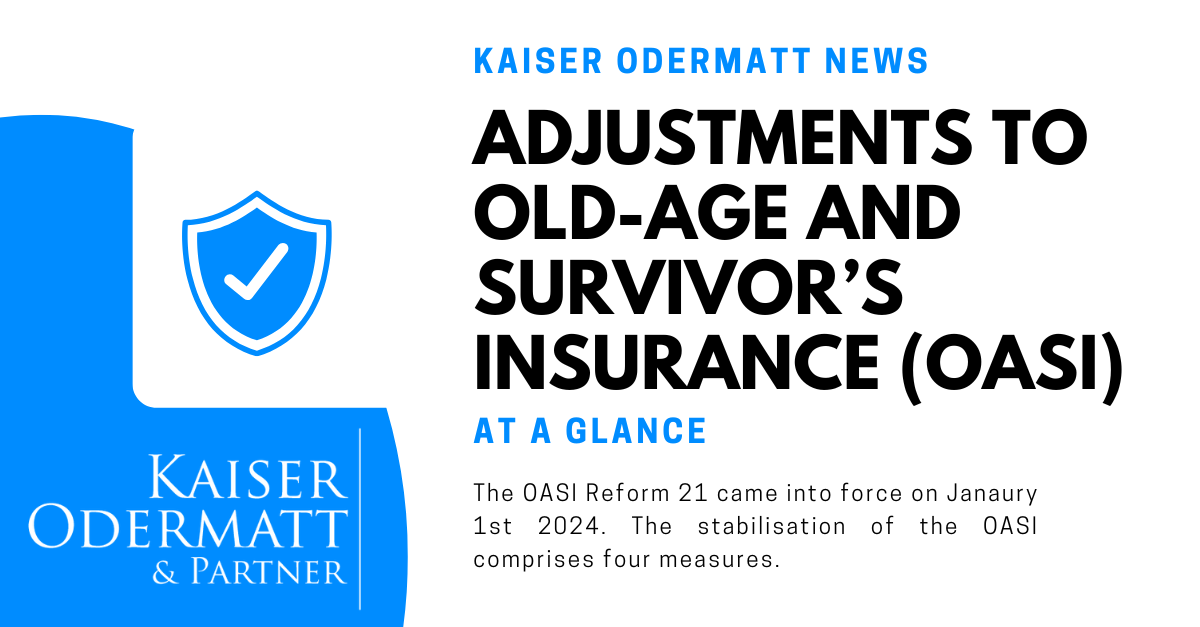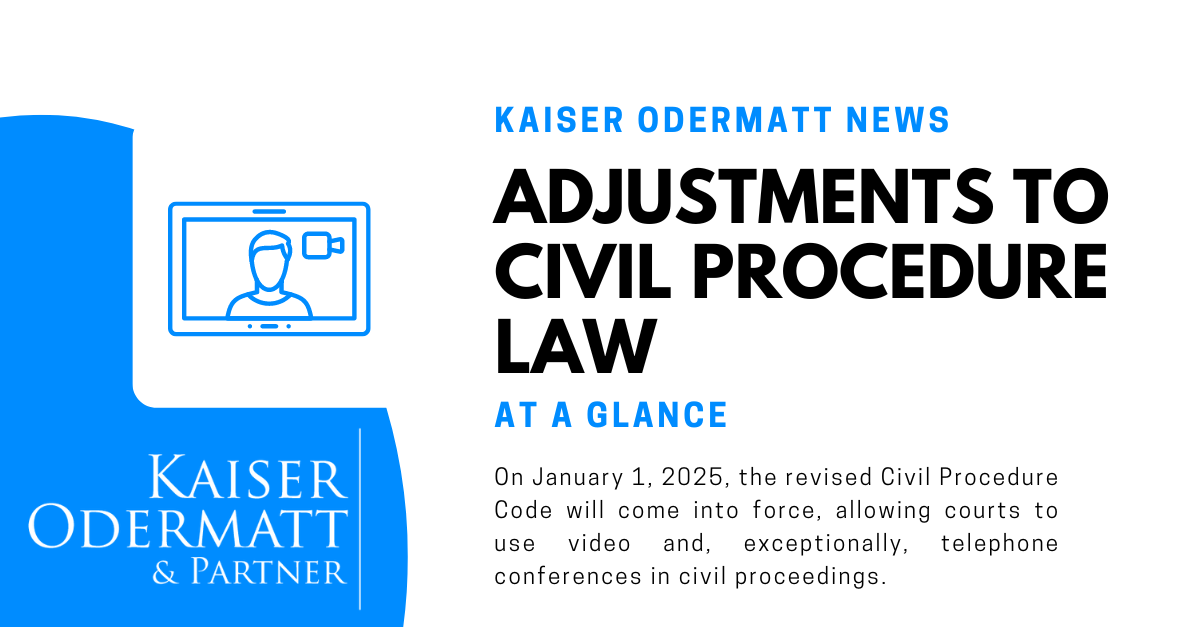Exceeding the speed limit can result in unpleasant penalties in Switzerland. It is all the more important to know the traffic regulations in Switzerland. The Swiss courts use exact speed values, whereby the specific circumstances in individual cases are not taken into account. So whether someone drives too fast because of an important appointment or considers the traffic situation to be safe is irrelevant and is generally not taken into account. The speed limit violations are divided into limit violations in built-up areas, limit violations outside of built-up areas (incl. motorways) and limit violations on motorways. A violation of the traffic rules will be punished with a criminal conviction and an administrative measure (withdrawal of ID). The following explanations refer to administrative measures (ID card withdrawal) in first cases.
Overrun in town: Maximum speeds of up to 50 km/h are permitted in built-up areas. Exceeding this limit by up to 15 km/h will only be punished with a fine and no administrative action will be taken. If the limit is exceeded by 16-20 km/h, the driver will receive a warning and will be classified as a minor offence. If the speed is exceeded by 21-24 km/h, the driver's license will be withdrawn for at least one month in addition to the fine, which is a moderately serious offence.
Excess outside of town: Outside of town, maximum speeds of up to 80 km/h are permitted. Here, too, exceeding this limit by up to 20 km/h only results in a fine, but no administrative measure. If the limit is exceeded by 21-25 km/h, a warning is issued, which in turn is referred to as a slight violation. Exceeding 26-29 km/h leads to the withdrawal of the driver's license for at least one month and constitutes a moderately serious offence at least three months.
Exceeding the motorway: Top speeds of up to 120 km/h are permitted on Swiss motorways. Exceeding this maximum speed by up to 25 km/h does not result in an administrative measure. If you exceed 26-30 km/h, you will be given a warning, which represents a slight violation. If the maximum speed is exceeded by 31-34 km/h, the driver's license will be revoked for at least one month. We are then talking about a moderate offense. The driver's license will be revoked for up to three months if the maximum speed is exceeded by 35 km/h. This is a serious violation.
Is it not the first offense of the driver against the speed limits, so must with significantly longer withdrawal periods be expected.
In so-called speeding cases, the driver's license must be surrendered for at least two years. A speeding incident is assumed if the speed is exceeded by
- 40 km/h, where the maximum speed is 30 km/h
- 50 km/h, where the maximum speed is 50 km/h
- 60 km/h, where the maximum speed is 80 km/h
- 80 km/h where the maximum speed is more than 80 km/h
In order to acquire the driving license again in these cases, the minimum withdrawal period must have expired. Furthermore, as a rule, a traffic psychological report must be presented, which affirms the character's suitability to drive.
Procedure for an administrative measure
Violation of traffic regulations triggers criminal proceedings (fine, fine, imprisonment) and administrative proceedings (withdrawal of driver's license), with the administrative proceedings usually being suspended until the criminal proceedings have been lawfully concluded. Any objections and exculpatory arguments should therefore already be presented in the criminal proceedings. The driver has the right to be heard and can defend himself by contesting incorrect determinations. He can also demand access to the files during criminal proceedings and refuse to testify.
Experts










